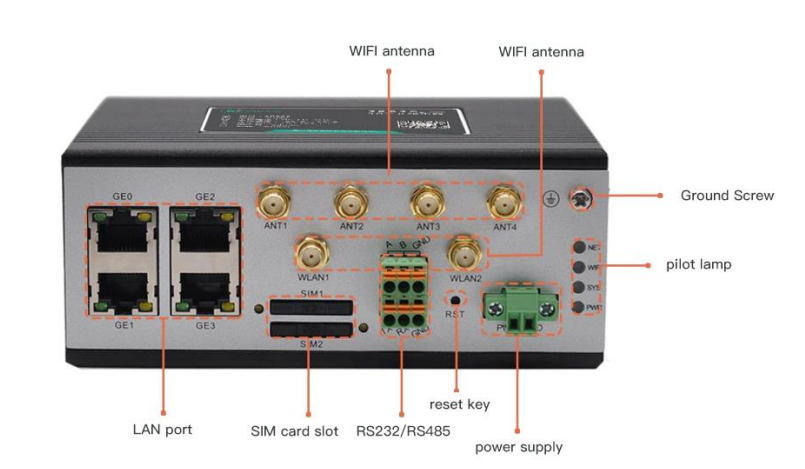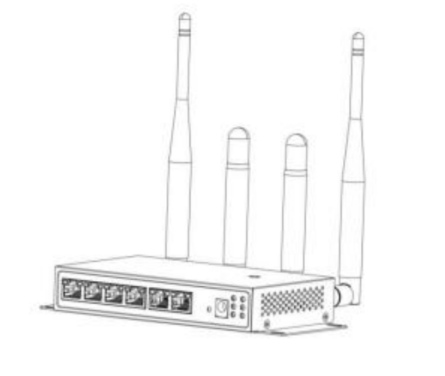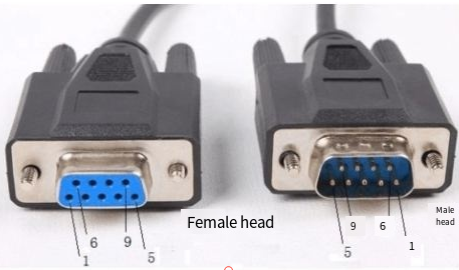Quantum Cryptography: The Future of Secure Communication

As our society becomes increasingly information-driven, digital, and intelligent, the need for robust information security is more pressing than ever. While traditional encryption methods have provided a degree of security, they are facing growing challenges in the face of increasingly complex cyber attacks. To address this challenge, quantum cryptography has emerged as a new encryption approach based on the principles of quantum mechanics, hailed as an “absolutely secure” means of communication.
So, what exactly is quantum cryptography? Let’s dive in and explore this exciting technology.
▍What is Quantum Cryptography?
Quantum cryptography, also known as Quantum Key Distribution (QKD), is a technique that uses the principles of quantum mechanics to exchange cryptographic keys. The core idea behind this encryption method is to leverage the fundamental principles of quantum mechanics to ensure the information cannot be copied and to detect potential eavesdroppers. Quantum cryptography harnesses the properties of quantum physics, such as the no-cloning theorem, the uncertainty principle, and entanglement, to enhance the security of encrypted communications.
▍Key Features of Quantum Cryptography
Absolute Security: Due to the no-cloning theorem in quantum mechanics, any attempt to duplicate a quantum key will inevitably change the quantum state, which can be detected by the communicating parties. This ensures the absolute security of quantum keys during distribution.
Real-Time Eavesdropping Detection: Quantum cryptography allows the communicating parties to detect potential eavesdroppers in real-time. When a third party tries to intercept the communication, they will inevitably disturb the transmitted qubits, which will be discovered by the communicating parties.
Long-Term Security: Quantum cryptography does not rely on mathematically complex problems, so it is not vulnerable to threats from future advancements in computing power (such as quantum computers).
▍Advantages of Quantum Cryptography
High Security: Quantum cryptography offers an encryption method that is theoretically unbreakable, making information transmission between communicating parties more secure than ever.
Real-Time Detection: By detecting eavesdropping in real-time, quantum cryptography can promptly identify and prevent any potential attacks, ensuring the continuity and security of communications.
Long-Term Effectiveness: Since quantum cryptography does not depend on computational complexity, it is not threatened by future technological developments, making it effective for the long haul.
Scalability: Quantum cryptography can be combined with existing encryption technologies to provide higher levels of security for a wide range of applications.
In summary, quantum cryptography is a highly secure encryption technology based on the principles of quantum mechanics. It boasts advantages such as absolute security, real-time eavesdropping detection, and long-term effectiveness. As quantum technologies continue to advance, quantum cryptography is poised to become a crucial means of safeguarding communication security in the future.
 KEY-IOT
KEY-IOT



